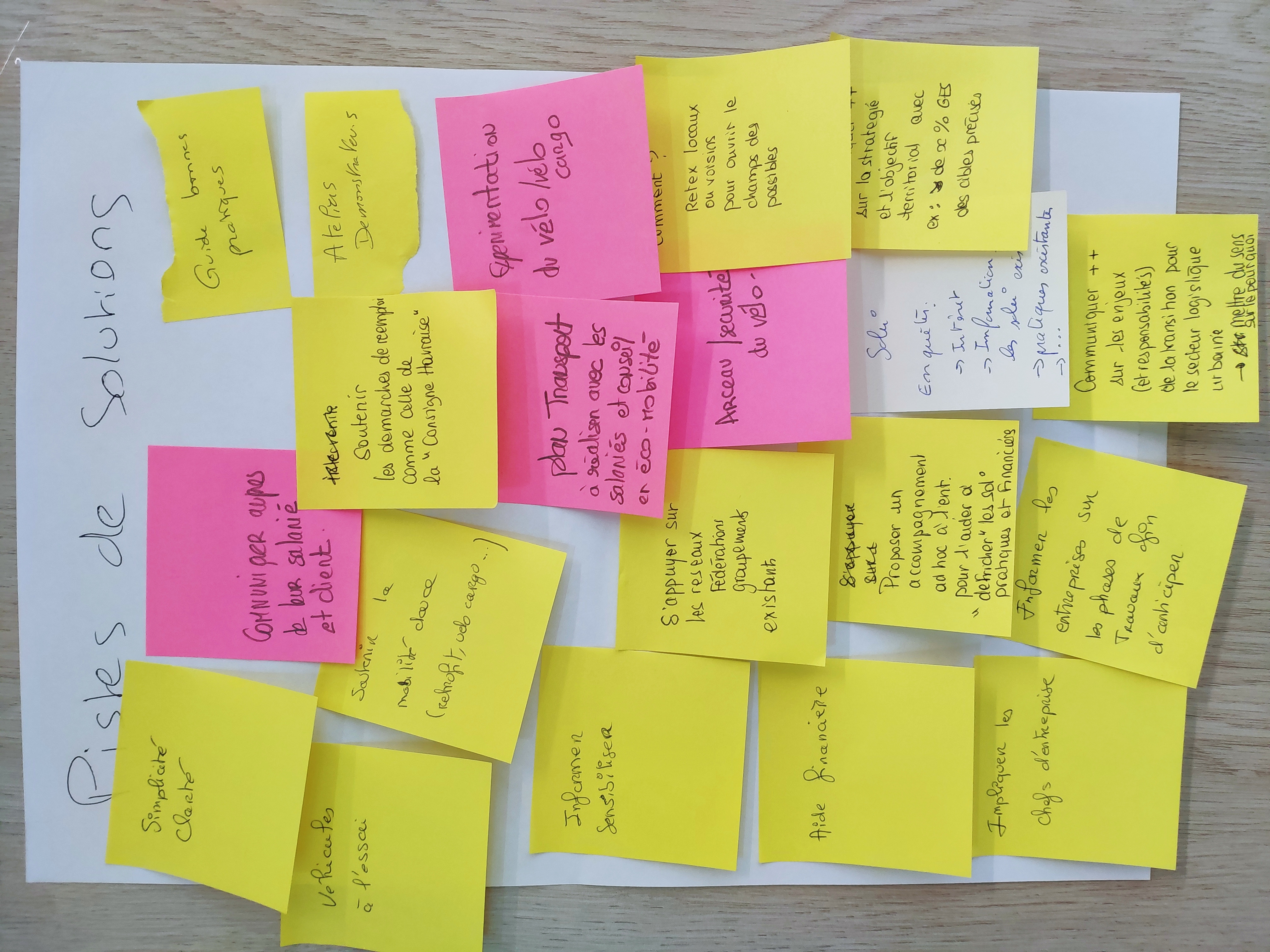Le Havre Seine Métropole brings local businesses together to co-design greener delivery and service solutions under the GLEAM NSR and InTerLUD+ frameworks.
Le Havre Seine Métropole (LHSM) took an important step toward greener urban logistics on 3 October 2025, hosting its first City Dialogue as part of the GLEAM NSR project and the InTerLUD+ programme. The event, held at Carré des Docks, brought together local business organisations, SME representatives, and craftspeople to discuss how small enterprises can play a key role in making logistics more sustainable across the territory.
The dialogue took place during an afternoon dedicated to the signing of Le Havre’s Sustainable Urban Logistics Partnership Charter, a voluntary commitment by local authorities, businesses, and supporting organisations to implement ten concrete actions toward low-emission logistics. While the charter provides a shared roadmap, the City Dialogue gave the floor directly to SMEs and craftspeople — the people who move goods, provide services, and use public space every day to keep the city running.
Discussions focused on the everyday realities of small businesses:
Mobility and parking difficulties
Cost of cleaner vehicles
Challenge of adapting operations while maintaining efficiency
Participants also explored new ideas and pilot opportunities, including the development of cycle logistics, experiments for local food flows, and targeted support for service-based businesses such as builders, plumbers, and maintenance professionals.

Solutions proposed by participants.
To inspire local action, LHSM presented the MARGUERITE programme, a national initiative supporting artisans and shopkeepers in transitioning toward sustainable urban logistics. Participants were encouraged to share their expectations and identify areas where collective solutions — such as shared mobility tools or better access to information and funding — could make a difference.
To go further, it would be relevant to involve more craftspeople and SME managers to better understand their specific challenges. This could allow for tailored support, such as mobility planning tools or shared solutions for those ready to take action.
Key takeaways from the discussion included the need to improve communication and visibility of existing support schemes, particularly financial incentives for retrofitting or switching to cargo bikes. Participants also expressed a strong interest in testing solutions locally and sharing success stories from peers in similar trades.
Despite a modest turnout, the dialogue created a valuable first step toward sustained engagement between the municipality and local businesses. LHSM plans a follow-up meeting later this year to refine and prioritise the most promising ideas identified during the session, ensuring they align with the Charter’s action plan.
Le Havre’s experience demonstrates that the shift toward sustainable logistics begins with listening to those on the ground. By engaging SMEs and craftspeople early, LHSM is building the foundation for an inclusive, collaborative, and climate-conscious logistics system — one where every delivery, repair, and service call contributes to a cleaner, more liveable city.
